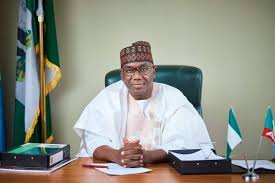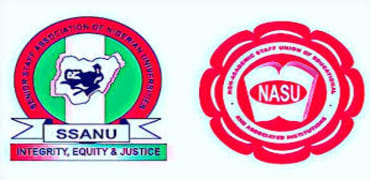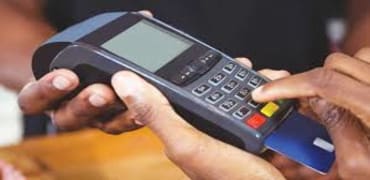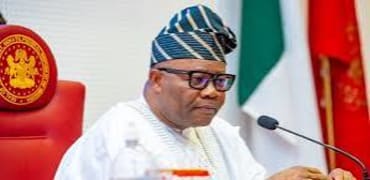Fact-Check: Did Gov Abdulrazaq Really Pay Exam Fees for 55,500 Students? Officials, Principals, and Parents Disagree
Fact-Check: Did Gov Abdulrazaq Really Pay Exam Fees for 55,500 Students? Officials, Principals, and Parents Disagree
By Achimi muktar
Governor Abdulrahman Abdulrazaq’s claim of paying the examination fees for 55,500 students during his 2025 budget speech has sparked controversy, with senior government officials, school principals, and parents refuting the assertion. The bold statement, made to highlight his administration’s achievements in the 2024 fiscal year, is now under intense scrutiny.
The Governor’s Claim
During the presentation of the N540 billion 2025 budget to the Kwara State Assembly, Governor Abdulrazaq listed his administration’s accomplishments, including funding education for tens of thousands of students across various exams.
“We also funded education for 66,000 entrance exam candidates, 58,420 BECE candidates, 28,500 WAEC candidates, and 27,000 NECO candidates,” he declared to an applauding audience. The governor added that over 70,000 vulnerable households had also been supported during the year.
The Pushback
Contrary to the governor’s claim, senior officials within the government described it as fabricated. Speaking anonymously to The Gazette, one official remarked, “The governor said that just to elevate the impacts of his administration. It would be easy to verify if such support was provided. How can such a large-scale initiative happen without publicity or public awareness?”
Parents and school principals have also come forward to challenge the governor’s narrative. During the weekly radio program “Oro Ilu” on Sobi FM, callers categorically denied the claim, insisting they bore the financial burden of their children’s examination fees.
“It is ridiculous to make such a claim. I paid for my three children’s WAEC and NECO exams this year. So where did the government’s intervention happen?” a parent questioned.
Three principals from Ilorin East Local Government echoed similar sentiments, stating they were unaware of any government-sponsored fee payment in their schools. One principal noted, “I only know of individual politicians, like Senator Solihu Mustapha, who paid for a few students. The state government did not extend any such gesture.”
The Official Explanation
The controversy prompted the Ministry of Education and Human Capital Development to issue a statement clarifying the matter. According to Peter Amogbonjaye, the ministry’s spokesperson, the governor’s claim was a result of a “mixup.”
“What the state government paid for was the Placement Common Entrance Examination, and it subsidised the Junior Secondary School BECE,” the statement read. “The state government, through the ministry, only conducted the pre-WAEC and NECO activities. Parents sponsored these exams.”
The statement attributed the erroneous claim to an oversight in the budget speech preparation and expressed regret for the confusion caused.
Lingering Questions
Despite the ministry’s explanation, critics argue the delayed response and lack of due diligence reflect poorly on the administration’s commitment to transparency. The clarification has yet to appear on the state government’s official website, and key officials, including the state Commissioner of Education, have been largely unresponsive to media inquiries.
Public Reaction
The governor’s claim has generated heated debates across Kwara State, with many questioning the credibility of his administration’s reported achievements. For parents like those who shared their stories on Sobi FM, the incident underscores a larger issue of governance and accountability.
As the dust settles, one thing is clear: the gap between political rhetoric and reality continues to erode public trust, leaving stakeholders in the education sector demanding answers and more concrete actions.


















